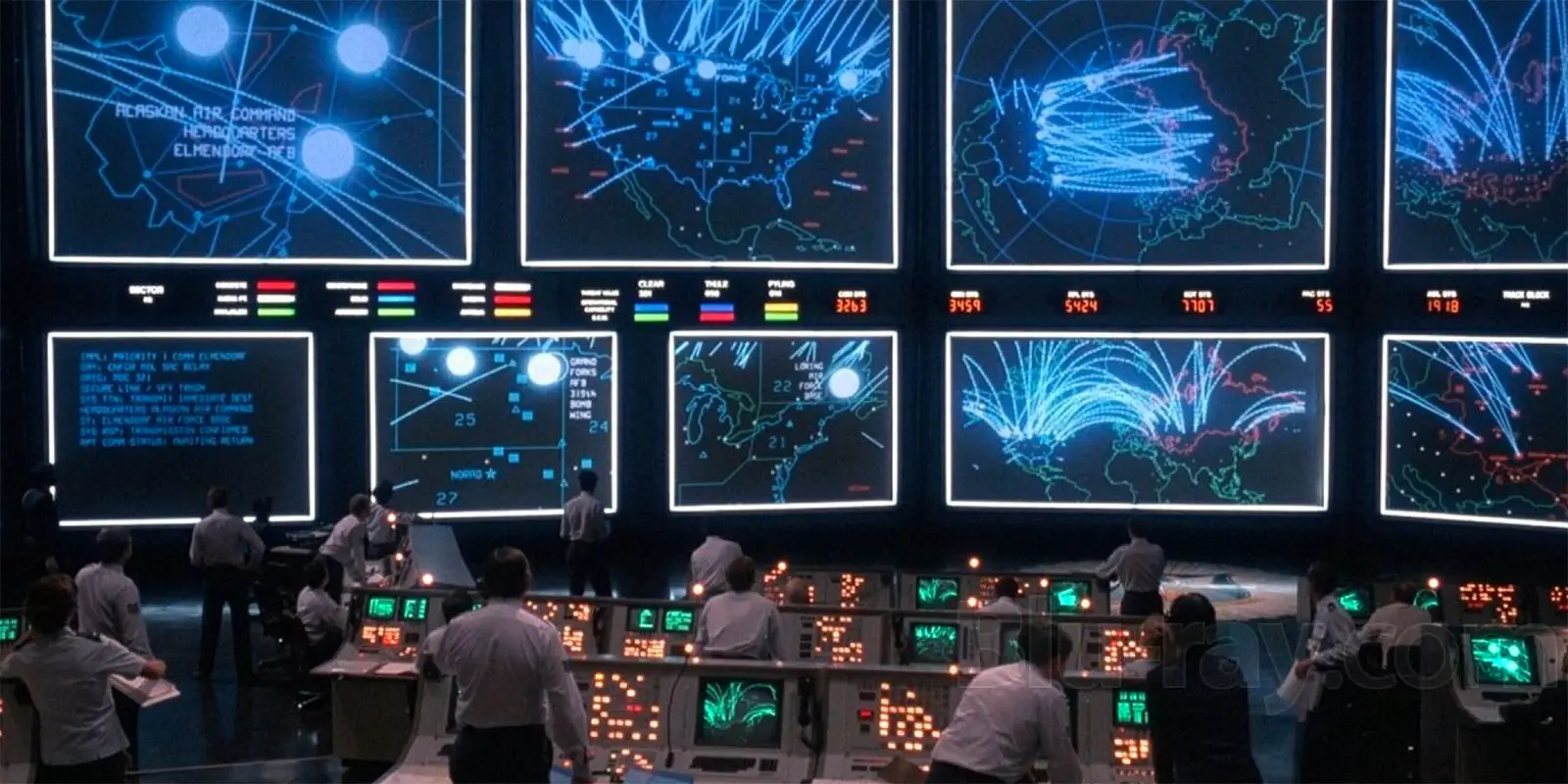This blog is the result of a restless night where I pondered a recent event where the idea (or existence) of NOC (Network Operations Center) was conveyed as a key component of the ITSM (Information Technology Service Management) paradigm. I find this to be an uber interesting topic and position given that the world has moved (and continues to move) in every way from a centralized to a disaggregated and distributed model. I believe this is true in computing (think cloud, microservices, twelve-factor apps, etc…) and it’s true in the area of human capital management and service delivery.
I thought I would share some of my opinions on the topic, my position as well as some anecdotes that I believe support my thoughts.
First, let me start by saying that we are engaged in a war, a war for human capital, a war where the best knowledge workers don’t look anything like what they looked like twenty years ago, they live in the shadows, digital nomads inhabiting a digital universe.
When I think NOC, here is what I envision:

The above is a picture of the NOC from the movie WarGames which was released in 1983, this was cool and impressed the audience, but it was 35 years ago! It’s probably obvious from looking at my blog header that I am a big WarGames fan. Let’s stay with the Hollywood portrayal of tech for a moment because I think it’s relevant.
Fast forward from 1983 to 2001, 18 years later, and the NOC has given way to the lone hacker, with umteen monitors (quite a setup) working alone to High Voltage by The Frank Popp Ensemble.
Disaggregation and decentralization have become a pervasive theme, message and a way of life. Nowhere is this more evident in than in the Open Source community. Disaggregation and decentralization coupled with a shifting culture that has shifted the motivation of the knowledge worker has given way to an unprecedented pace of innovation which would otherwise be impossible.
The Open Source statistics are truly staggering: https://octoverse.github.com/
Couple what the Open Source movement has taught us about the power of disaggregated and decentralized teams with “the surprising truth about what motivates us” and you’ll realize that the disaggregated and decentralized cultures being built are unlike anything we could have dreamed. The passion, commitment, engagement, communication, execution, and velocity are astounding.
Ask yourself where people (yourself included) go for help, how they build communities, what are trusted sources of information, etc…
Where do developers look for help? StackOverflow, Slack, IRC, Quora, etc…?
Where does the average person look for help? Facebook, YouTube, Twitter, etc…?
These are all platforms which enable the construction of disaggregated and decentralized communities which create cultures, subcultures, increase engagement, provide better time to value, etc… Are there no lessons to be learned here? There are lessons to be learned, and many are learning these lessons and adapting their engagement models.
I am a techie, and I believe that substance will always prevail over style and the question I continually ask myself as I adjust to keep up with a market which is innovating and changing at an unprecedented pace is how to define the culture? Is what we are doing relevant today and does it put us on a trajectory to where we’ll need to be in 24 months?
And now we have arrived at my thoughts regarding the NOC.
JetBlue made a bold move (which others followed) shifting from reservation call centers to hiring booking agents who work virtually, and their customer service is consistently rated the highest in the industry.
Relevant business models do NOT focus on resource colocation; they focus on resource capability, availability, and collaboration. I would go as far as to say that colocation favors style over substance.
The cultures we build need to focus on leveraging technology to deliver a great total customer experience (TCE). I believe that a 5.3” screen in the hands of hundreds of engineers, elegant engagement processes, procedures, and tools deliver a better TCE than a 60” monitors on the wall in a room with ten engineers with landline phones. Cultural agility over environmental rigidity.
The focus and value here is NOT a finite set of L1, L2 and L3 shift workers in a NOC. Big screen TV’s on the wall, the Bat Phone and people sitting at a desk are style decisions which have no direct correlation to the ability to deliver substance. Our focus needs to be on how to engage and nurture the best knowledge workers the market can offer. Our mission needs to be the creation and cultivation of a culture which fosters engagement. Our ability to engage and escalate to a subject-matter expert (SME) at any time, to improve the TCE by building equitable partnerships which deliver distinct value, with a meaningful escalation path that focuses on MTTW (Mean-Time-to-Workaround) while in parallel determining a root cause and resolution lies in our culture.
We must understand that the world has changed. We live in a world where seemingly forward-thinking paradigms are obsolete before they are implemented. The path to success relies on agility and accountability, not rigidity and responsibility.
